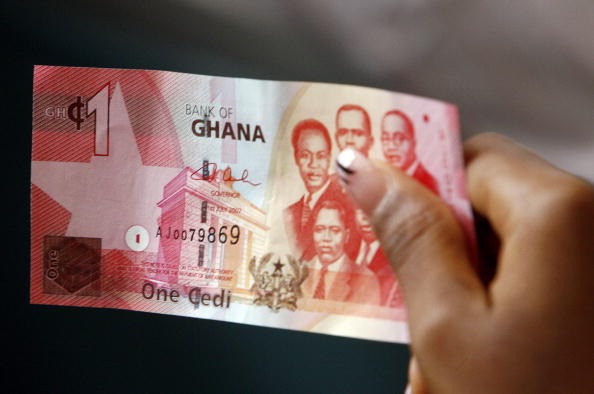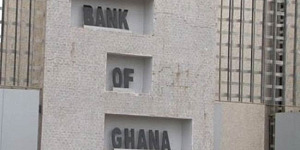Ghana's central bank left its policy rate steady at 26.0 percent, saying the risks to inflation and economic growth were balanced and that "the current tight monetary policy stance, supported by continued fiscal consolidation and improvement in the energy situation, would provide the necessary impetus to rein in inflation pressures."
The Bank of Ghana, which raised its rate by 500 basis points in 2015, said its inflation forecast horizon had remained broadly unchanged for inflation to return to its medium term target of 8.0 percent, plus/minus 2 percentage points, in early 2017, barring any shocks.
Ghana's headline inflation rate rose to 17.7 percent in December from 17.6 percent in November, but the central bank said this indicated "some moderation in price movements" due to its tight policy stance and ongoing fiscal consolidation.
"Going forward, the Committee expects the slower pace of price changes to continue and steer inflation down towards the medium target band," the central bank said.
Upside risks to inflation come from second round effects of changes to petroleum prices, exchange rate developments and a worsening of external financing conditions. These risks, however, are moderated by lower crude oil prices and an improvement in the energy situation.
The central bank noted that its rate increases in September and November had taken into account the large adjustments in water and electricity rates in December 2015 as part of Ghana's program with the International Monetary Fund (IMF) and the transmission of these changes were still working their way through the system.
Ghana's cedi has been depreciating since early 2013 and in 2015 it fell by 15.7 percent, down from a 31.3 percent depreciation in 2014.
But since the last meeting of the bank's monetary policy committee in November, the cedi has been more stable, supported by the bank's rate hikes, tight fiscal policy, inflows form donors, the pre-export finance facility for cocoa and proceeds from a Eurobond issue.
The cedi was trading at 3.96 to the U.S. dollar today, down from 3.81 at the start of the year.





















































